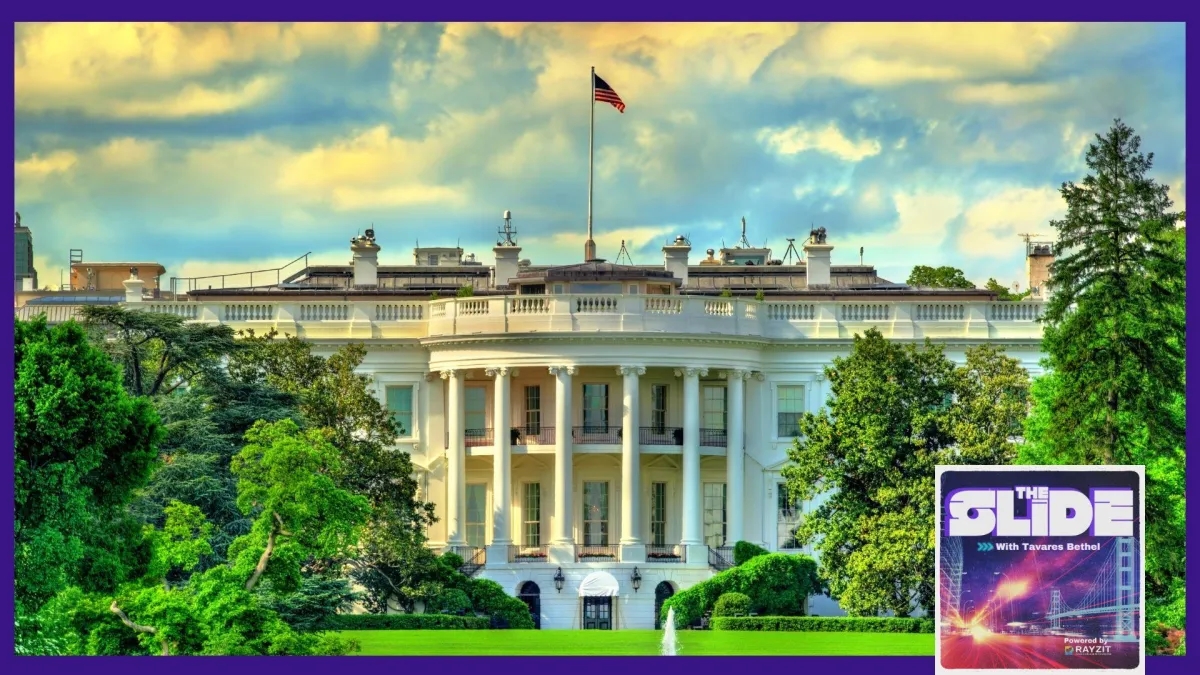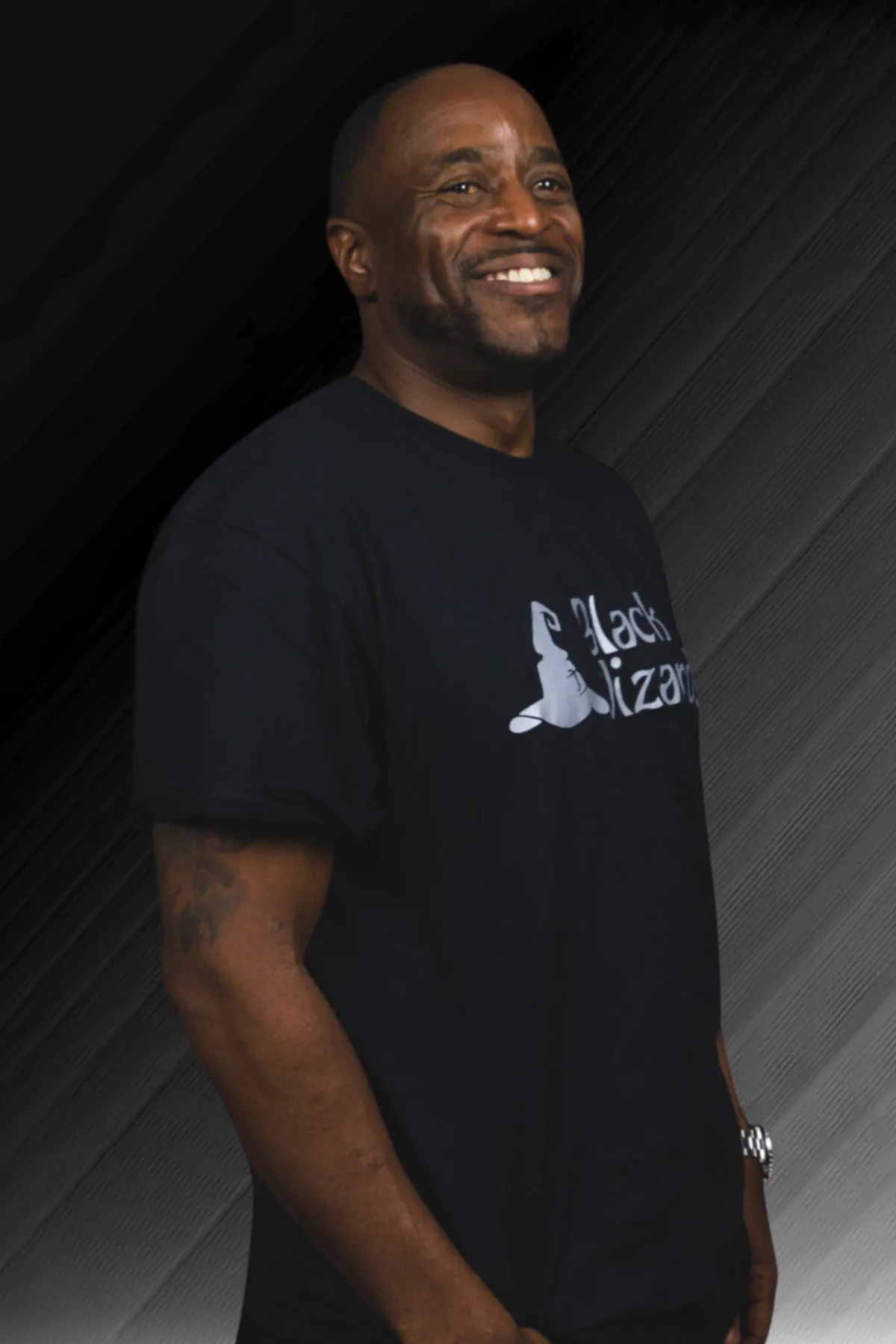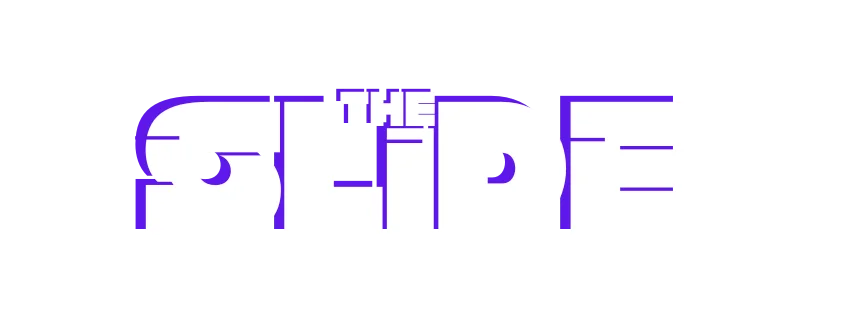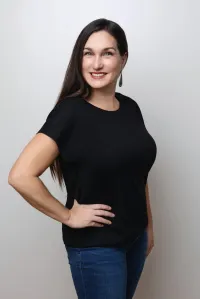ABOUT THIS PODCAST
The Slide promotes the importance of critical thought, challenging assumptions, and understanding the deep-rooted issues within our lives.
On this podcast, we will address four key domains: political understanding, educational destiny, economic outcomes, and street sense to bridge the gap between scholarship and everyday experiences. The podcast aims to normalize important societal discussions and promote the evolution of human consciousness, moving beyond mere revolution.
This podcast is hosted by Tavares Bethel and sponsored by Rayzit, a donation platform making change with change.
Watch our Season Trailer & Clips
Watch our Season Trailer & Clips
About our Sponsor
Visit Rayzit.com for more information.
Featuring our Episodes

From the Trap House to the White House
Navigating the Realities of Local Communities like Jacksonville and Beyond

This episode has a lively panel discussion about the critical role of education, social media, families and community support. Tavares and episode guests: Sean Fountain, Jesus Vivar and Dante Redwood share personal anecdotes, highlighting the impact of educational experiences on their lives and the challenges we face today.
The conversation also brings the intricate relationship between politics, community, and individual responsibility with bold critiques of the educational mandates and societal structures that often govern behavior.
In order to move forward, local communities like the city of Jacksonville need unity and collective action to foster self-reliance and collective growth.
Watch the Video
Episode 3: From the Trap House to the White House with Polo, DJ PM and Vehriion
In this episode of 'The Slide' podcast, host Tavares Bethel and guests Sean Fountain (aka Polo), Jesus Vivar (aka DJ PM of Mix Theory Studios), and Dante Redwood (aka Vehriion) discuss the transformative potential of Jacksonville, the dynamics of community improvement, and the impact of education, politics, and social programs on America's youth. They emphasize the importance of unity, effective communication, and self-empowerment amidst flawed systems. The episode offers a rich blend of personal stories, practical insights, and calls to action to inspire listeners to make a positive impact in their communities.
This episode contains explicit content. Viewer discretion is advised. The intention of The Slide podcast is not to offend but to provide real conversations into topics affecting communities within the United States. The opinions contained within this episode are solely those who have expressed them. Proceed only if you are comfortable with potentially sensitive topics.
See Time Stamps for this video at the end of this article.
Empowering Local Communities Through Educational Reform: Applied Knowledge, Communication, and Critical Thinking
In cities like Jacksonville, local communities are the backbone of progress. But for these communities to truly thrive, our education system must evolve to meet the needs of today’s complex world. Education isn’t just about memorizing facts or passing standardized tests—it’s about equipping individuals with the tools they need to navigate the challenges of everyday life, from local issues to global complexities. To do this, we need an education system that prioritizes applied knowledge, effective communication, and critical thinking - not political agendas.
The Gap in Traditional Education
Currently, many American schools emphasize rote learning and standardized testing over real-world application. While students learn formulas, historical dates, and theoretical concepts, they often lack the hands-on experience and problem-solving skills needed to address issues within their own communities. This creates a gap between what is taught and what is needed for success in real-life scenarios, especially in local cities like Jacksonville, where communities are grappling with challenges such as economic inequality, crime, homelessness and environmental concerns.
The Arguments for Community Control over Curricula
Many believe that local communities must have more control over their schools for necessary educational changes to take place. Local educators, parents, and community leaders should have a say in what is taught and how it’s taught, ensuring that the curriculum reflects the specific needs and challenges of their community.
Jacksonville, with its unique blend of industries, cultural diversity, and local issues, would greatly benefit from a more community-driven approach to education. If schools could tailor their education to the needs of the community, we can create local centers of innovation and equip students with the skills they need to create a better future for themselves and their neighbors.
Yet, giving control back to local communities to decide education standards presents several challenges, particularly when it comes to maintaining educational equity and consistency. One key issue is that local communities vary greatly in terms of resources, values, and priorities, which could result in significant disparities in the quality of education across regions. Wealthier areas may have the means to offer more advanced programs, while underfunded communities could struggle to provide even basic educational services.
Additionally, local control risks making education highly politicized, as school boards and parents push for curricula that reflect narrow ideological views, potentially excluding important perspectives or scientific consensus. This fragmentation further exacerbate existing inequalities, leaving students in some areas ill-prepared for higher education or the modern workforce compared to their peers in more affluent or progressive regions.
Politics, Florida Schools and Project 2025
A learning environment should be a space that sparks curiosity, encouraging students to explore diverse ideas and perspectives. Politics should not dictate the availability of educational resources like books, as doing so undermines the fundamental purpose of education: to foster critical thinking, curiosity, and a well-rounded understanding of the world.
When political agendas, such as those advanced by Project 2025, seek to limit access to knowledge or perspectives, they risk stifling students' intellectual growth and preventing them from engaging with diverse ideas. Cities like Jacksonville already feel the effects of political ideology as Governor Ron DeSantis and school boards led by members of Moms for Liberty had books banned in their public schools and public funding diverted from schools with certain curricula.
In this election year, with political forces shaping policy discussions, it's crucial to recognize that education should be a space for open inquiry, free from partisan influence. Allowing political agendas to reimagine the education system through a singular ideological lens diminishes the richness of learning and compromises the ability of future generations to navigate a complex, diverse society.
Conclusion
It’s time to rethink the way we educate future generations. Applied knowledge, effective communication, and critical thinking are essential skills for navigating today’s world, and they should be at the heart of every curriculum. But, if that curriculum is used for control through the lens of sensorship and narrow ideologies, we are not providing our next generation of problem solvers, innovators, and leaders the education they deserve.
Meet the Guests

[Left] Dante Redwood (Vehriion) Dante is an artist from Cleveland, Ohio, balancing his day job at Amazon with his passion for music.
[2nd from Left] Jesus Vivar (DJ PM) is the CEO of Mix Theory Studios. He shares his journey from New York DJ to Jacksonville multimedia studio owner.
[2nd from Right] Tavares Bethel is the host of The Slide Podcast. He is an author, retired Army veteran, and Amazon Operations Manager. He shares his perspectives on education and success as a high school dropout.
[Right] Sean Fountain (Polo) is a Jacksonville native and corporate professional. He discusses his background and the nickname “corporate thug,” illustrating his journey through corporate America while maintaining a connection to his roots.
Episode Notes:
Unity, Struggle, and Solutions
This lively panel conversation touches on topics ranging from the flaws in the education system to survival tactics in low socioeconomic communities. They emphasize the importance of continuous learning and community unity in overcoming systemic barriers. Special attention is given to the misleading promises of education and the real power dynamics in America. This thought-provoking discussion aims to inspire listeners to take control of their futures and elevate their communities through collective effort and strategic planning.
00:00 Welcome to The Slide Podcast
00:45 Introduction of Hosts and Guests
01:31 Meet Dante Redwood
01:55 Meet Jesus Vivar
02:19 Meet Sean Fountain
03:50 Tavares Bethel's Background
04:19 Discussion on Education and Empowerment
08:14 Challenges Facing Today's Youth
10:22 The Role of Community and Social Programs
13:35 Historical Context and Systemic Issues
15:31 The Constitution and Systemic Control
18:57 Understanding the System and Moving Forward
20:44 The Blame Game: Accountability in Our Community
21:33 Political Disillusionment: The Puppet Masters
21:56 Understanding Power Structures: Trilateral Commission and Beyond
23:18 The Real Purpose of Education: Control or Liberation?
25:43 Economic Realities: The Cost of Living and Unity
30:15 Parental Influence and Community Support
36:23 Final Thoughts: Gratitude and Wisdom
Introducing the Host

Purchase the Book
Tavares Bethel
From high school drop out to retired Army veteran, Tavares is now an Operations Manager for Amazon and the co-author of the book, "How to Become a Six-Figure Earner".
Tavares is the President of Embreeo Global Solutions and the host of The Slide podcast. He is also on the Board of Rayzit, a financial tech platform supporting nonprofits to raise funds for their causes.
He is an active participant in the Jacksonville community and is committed to helping cities: reduce violent crime, increase community engagement, address economic and racial disparity, and provide support for our elderly population.

Request to be our Guest

Listen Now
Production Credits
Mix Theory Studios, a music and multimedia studio located in downtown Jacksonville, Florida, is producing The Slide podcast. This show features original music and sound design by Punchboi (Raushan Simmons) and DJ PM, Producers at Mix Theory Studios.

Powered by Mix Theory Studios, Inc., a content design studio and production company located in downtown Jacksonville, Florida.
Contact Us at [email protected]
Navigation
© 2025 Mix Theory Studios - All Rights Reserved.
